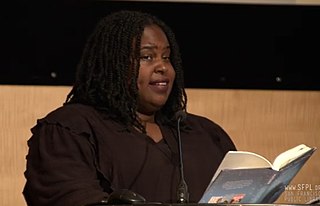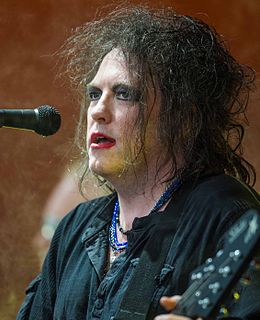A Quote by Fred D'Aguiar
Once I became historically aware, I realized there are these formative moments of history tied around tragedy and disaster and sacrifice, that led people to survive and take stock and move on with some kind of notion of betterment.
Related Quotes
...these things become the norm: that some homeless people die of cold on the streets is not news. In contrast, a ten point drop on the stock markets of some cities, is a tragedy. A person dying is not news, but if the stock markets drop ten points it is a tragedy! Thus people are disposed of, as if they were trash.
Isn't every hero aware of all the terrible reason they did those good deeds?" Aware of every mistake they ever made and how good people got hurt because of their decisions? Don't they recall the moments they weren't heroic at all? The moments where their heroism led to more deaths than deliberate villainy ever could?
Once I became an adult and started to pursue writing as a professional career, I realized my main characters were always young people. My stories naturally center around children and teenagers. I think it's because I have worked with youth for about twelve years. The pains and joys of adolescents are moments I witness on a daily basis, so their stories are always with me as I write.
To survive, China had to open up to the West. It could not survive otherwise. This was after many millions have died of hunger in a country that was like North Korea is today. Once we became part of global competition, we had to agree to some rules. It's painful, but we had to. Otherwise there was no way to survive.
Men and women are sacrificed to the idols of profit and consumption: it is the 'culture of waste.' If a computer breaks it is a tragedy, but poverty, the needs and dramas of so many people end up being considered normal. ... When the stock market drops 10 points in some cities, it constitutes a tragedy. Someone who dies is not news, but lowering income by 10 points is a tragedy! In this way people are thrown aside as if they were trash.
In Tanzania, the chimps are isolated in a very tiny patch of forest. I flew over it 13 years ago and realized that, basically, all the trees had gone, that people all around the park are struggling to survive. It became very clear that there was no way to protect the chimps while the people were in this dire circumstance.






































